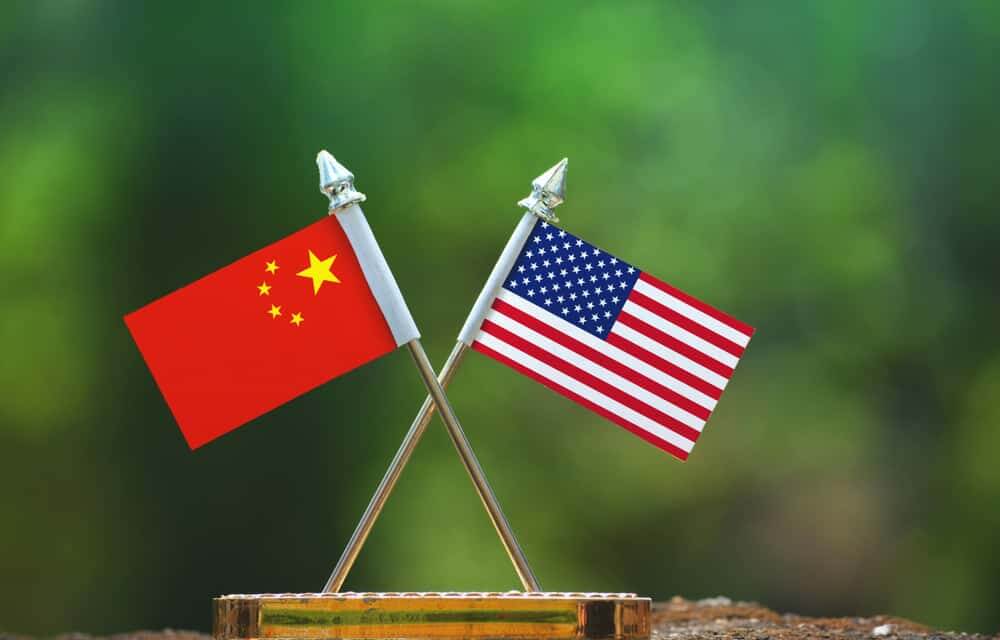
The U.S. and China to boost collaboration on climate efforts
China and the United States have promised to strengthen collaboration on climate action. On Wednesday, China’s climate diplomat said that these two countries arranged this plan at U.N. talks in Glasgow.
Xie Zhenhua told reporters as the talks approached a deadline that the two biggest carbon polluters would describe their efforts in a joint statement based on the 2015 Paris Agreement on climate change.
Xie said that the agreement calls for accurate and realistic regulations in fighting against deforestation, decarbonization, and reducing carbon emissions.
He said that both sides understand a gap between the Paris agreement and the current effort.
Later on Wednesday, reporters expected to talk with John Kerry, the U.S. climate envoy. The announcement came after governments worldwide negotiated in Glasgow. They discussed the ways to build on the Paris Agreement to defend vulnerable countries from the consequences of global warming while reducing greenhouse gas emissions.
The deal
The draft deal released on Wednesday shows caution and concern about the Earth that has already warmed. It urges countries to cut carbon dioxide emissions by half by the end of 2030. Promises so far from governments don’t add anything significant to this goal. Island states are the most endangered places for people to live because of climate change. Therefore some of these nations warned that the draft didn’t go far enough in terms of action to limit raises in global temperatures or in helping poorer countries to deal with consequences. In a statement, Antigua and Barbuda’s U.N. ambassador, Aubrey Webson, said that words such as ‘inviting,’ ‘calling,’ ‘Urging,’ or ‘encouraging,’ are not very useful for tackling an actual problem.
In Paris, governments agreed to collectively reduce emissions to keep the global temperature below 3.6 degrees Fahrenheit.
That requires reducing emissions from burning oil, coal, and gas, which are still the world’s top energy sources despite the wind and solar power growth. However, setting deadlines for discarding fossil fuels seems highly sensitive to countries depending on them for their economic development. Those countries include China, India, and Australia. The future of coal is also unknown in the United States.
Jennifer Morgan, Greenpeace International Director, and a long-time climate talks observer, said that a U.N. climate deal would prioritize the call in the draft about phasing out coal and subsidies for fossil fuels. She added that the lack of a timeline might limit the effectiveness of this pledge.


